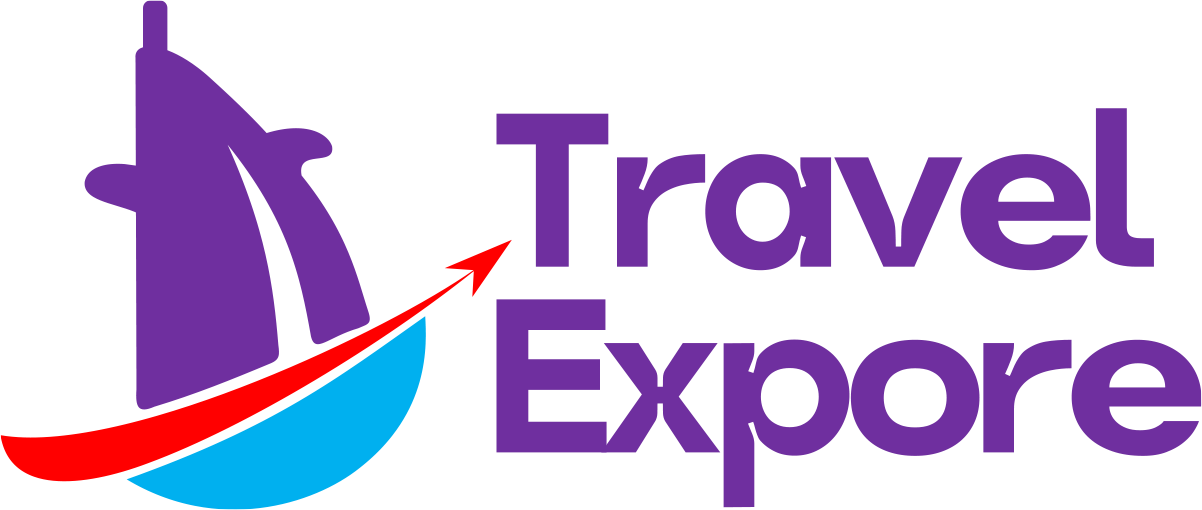In a surprising turn of events, the Estonian Police and Border Guard Board has seen a spike in visa rejections for students seeking to study in the country, with the majority of those affected hailing from Nigeria and Pakistan. The University of Tartu, Estonia’s leading educational institution, bore the brunt of these rejections, with a staggering 66 visas—representing nearly 58% of the total denials—turned down.
Authorities have attributed this surge in visa rejections to concerns over the potential misuse of study visas as a gateway to the European Union. Tiina Nirk, from Estonia’s Ministry of Foreign Affairs, hinted at doubts surrounding the true intentions of many applicants, suggesting that some might be leveraging student visas as a means to migrate to the EU.
The numbers paint a grim picture for aspiring students from Nigeria and Pakistan. Of the 37 Nigerian applicants, only nine were granted visas, marking a 75% rejection rate. Pakistani students fared somewhat better but still faced significant hurdles, with 34% of their applications denied.
This tightening of visa regulations has coincided with a broader decline in international student enrollment at the University of Tartu over the past three years. Post-pandemic challenges, visa difficulties, and economic constraints have all contributed to this downward trend. Despite a slight increase in international students this year, the future remains uncertain as many await the outcomes of their visa applications.
A particularly distressing case involves a group of Pakistani students who were accepted into the prestigious master’s program in Computer Engineering and Robotics at the University of Tartu. With classes set to begin on September 2, these students are stuck in limbo, unable to secure visas due to the absence of an Estonian embassy in Pakistan. Attempts to obtain visas through embassies in Singapore and Turkey have also been unsuccessful, leaving these students and their families facing significant financial losses.
Having already invested a total of €6,300 in initial deposits, with each student contributing €1,600, these aspiring engineers are now left in a precarious situation. The University of Tartu has stated that refunds will only be issued to those whose visa applications are officially denied by an Estonian embassy, adding further uncertainty to their plight.
As international students grapple with these challenges, the spotlight is now on Estonia’s visa policies, with many questioning whether these stringent measures will ultimately harm the country’s reputation as a welcoming destination for higher education.
